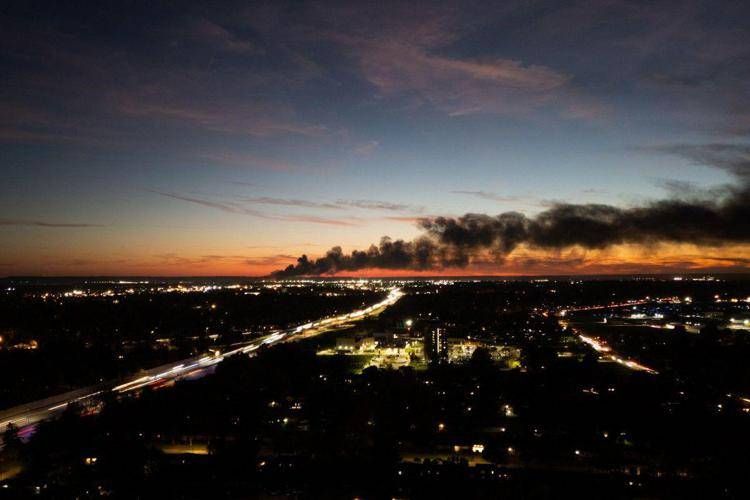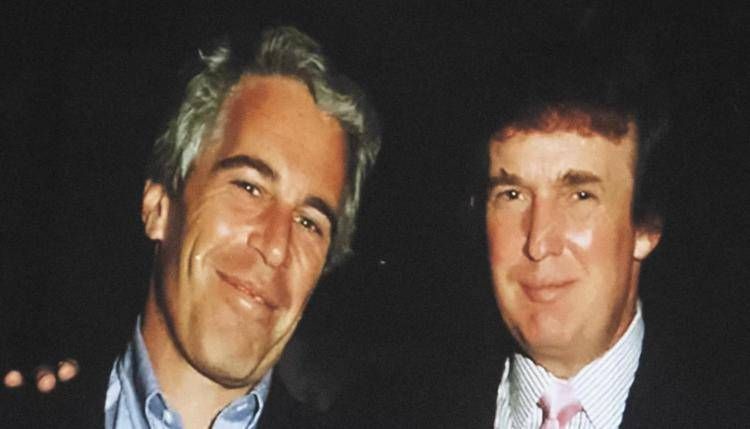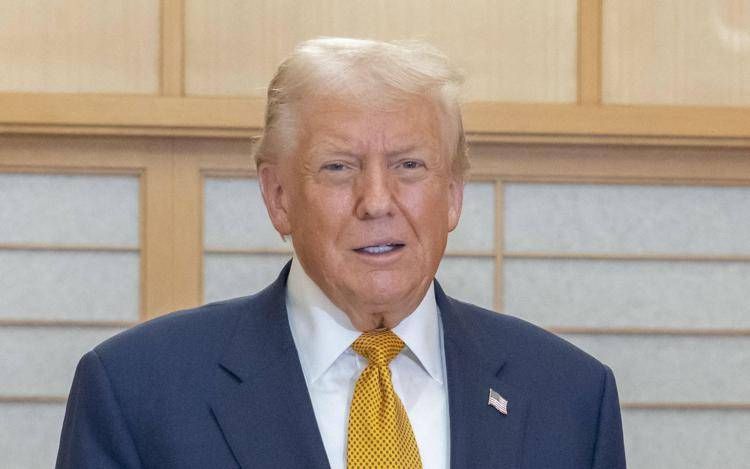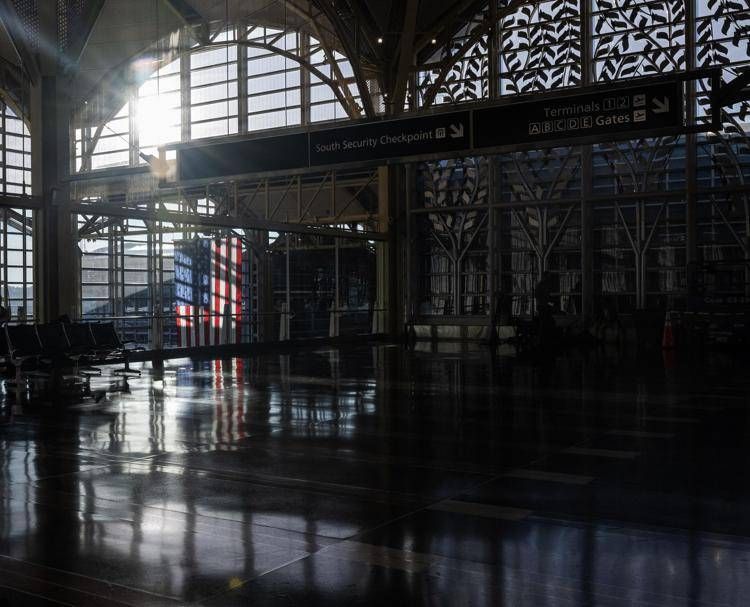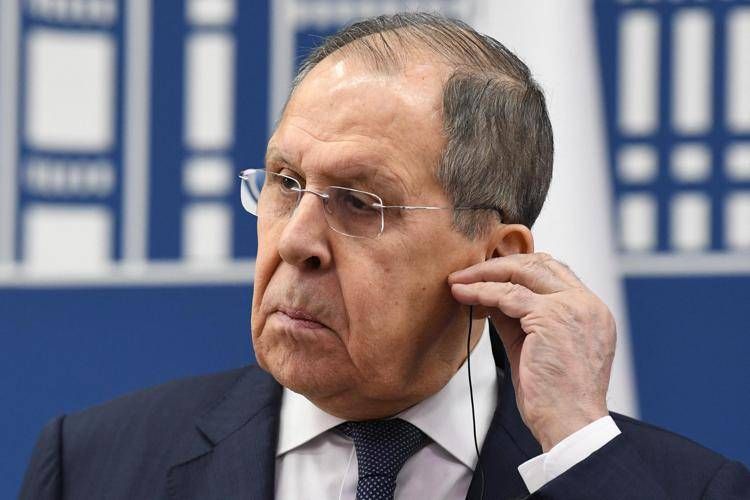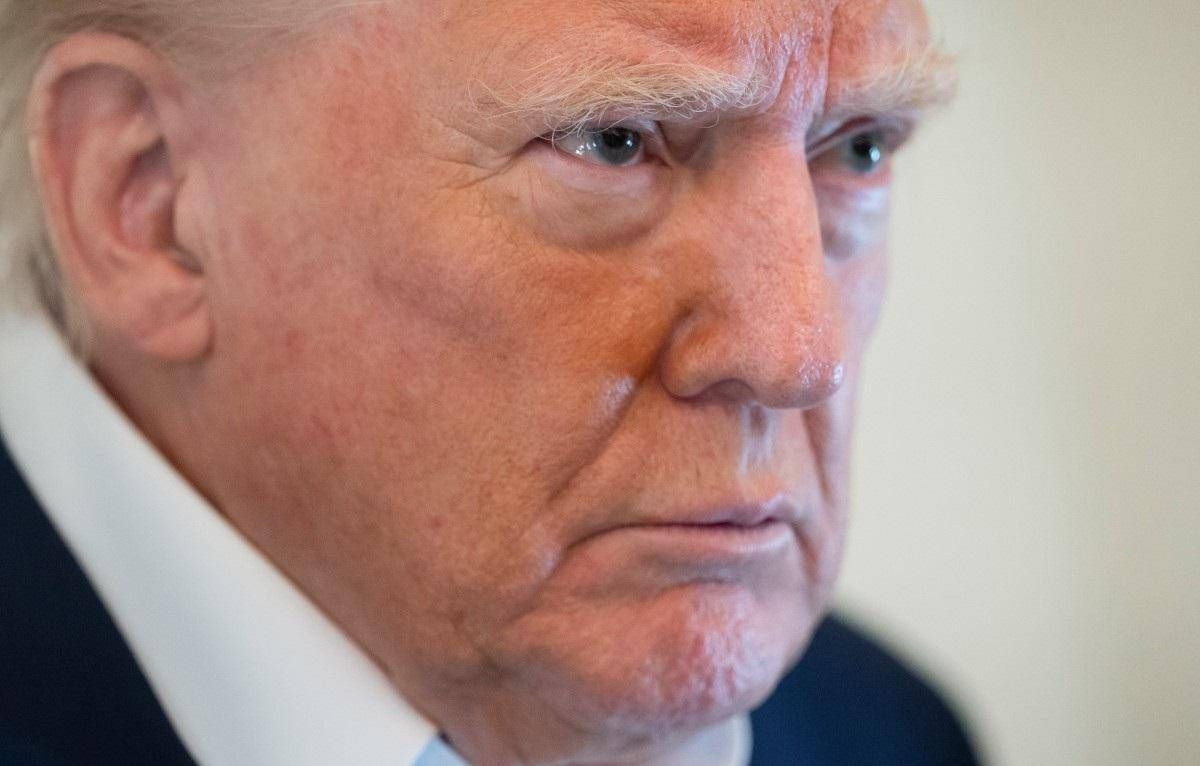
Trump announces 100% tariffs on foreign films: ‘Hollywood is in danger’
The US president launches a new trade war: in the crosshairs this time are international audiovisual productions. Hollywood and the studios, however, do not applaud
US President Donald Trump has announced the launch of a new front in his trade policy, this time in the entertainment sector. ‘The American film industry is dying a very fast death,’ he declared, denouncing how foreign governments are attracting US productions by offering tax incentives and lower costs. According to Trump, this dynamic harms Hollywood and constitutes ‘a threat to national security’.
To counter the flight of productions, the president authorised the Department of Commerce and the Office of the Trade Representative to work on introducing a 100 per cent tariff on all foreign-produced films destined for the US market. ‘We want American-made movies again!’ wrote Trump on social media, with Commerce Secretary Howard Lutnick confirming, ’We’re working on it.’
Hollywood does not rejoice: ‘Foreign incentives are for survival’
Despite the stated intent to boost domestic production, the measure is not applauded by the American film industry. Studios have for years relied on foreign locations – from Canada to Great Britain, Hungary to Australia – precisely to take advantage of tax breaks and reduce production costs.
According to FilmLA, audiovisual production in Los Angeles has dropped by 40% in ten years. And the International Alliance of Theatrical Stage Employees has estimated that some 18,000 full-time jobs have been lost in the last three years, mostly in California.
Risks of retaliation and restrictions: the Chinese precedent
Unlike goods, films are part of global trade in services, an area where the US is a net exporter. Imposing punitive tariffs could therefore generate chain reactions. China, for example, has already announced a moderate cut in the number of US films allowed into its market, in response to recent US tariffs. US productions, already subject to censorship and quotas, risk further restrictions.
Trump: ‘Hollywood is under attack, let’s react now’
Trump claimed to have conducted ‘very thorough research’ before the decision. ‘If producers are unwilling to make films in the United States, then we should impose tariffs on those coming in from outside,’ he said. But while the president is also relaunching his protectionism in the cultural sphere, it remains to be seen whether the global trade consequences will not end up hitting the very American industry he intends to protect.
THE LATEST NEWS
(Photo: © AndKronos)
-

 News19 ore ago
News19 ore agoArrestato dopo fuga Elia Del Grande, il killer della Strage dei Fornai
-

 Sport19 ore ago
Sport19 ore agoSinner vince su Zverev: due set perfetti 6-4 6-3 alle Atp Finals
-
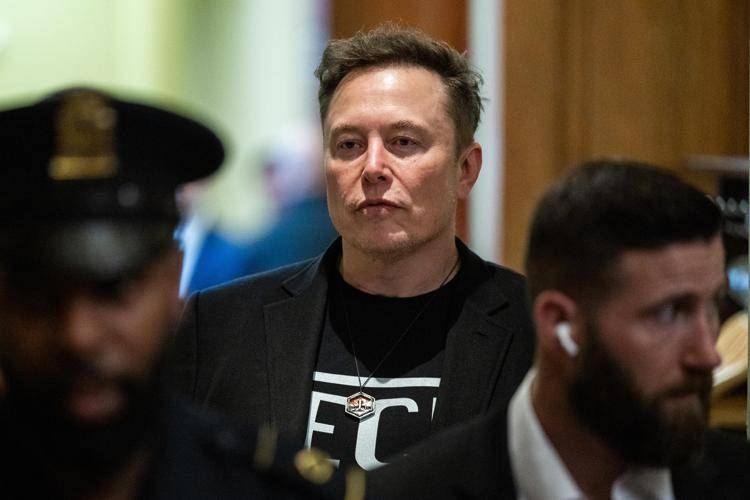
 International-News19 ore ago
International-News19 ore agoElon Musk proposes solar satellites to regulate Earth’s climate
-

 News6 ore ago
News6 ore agoOver 70: Dl semplificazioni, addio al rinnovo della carta d’identità



